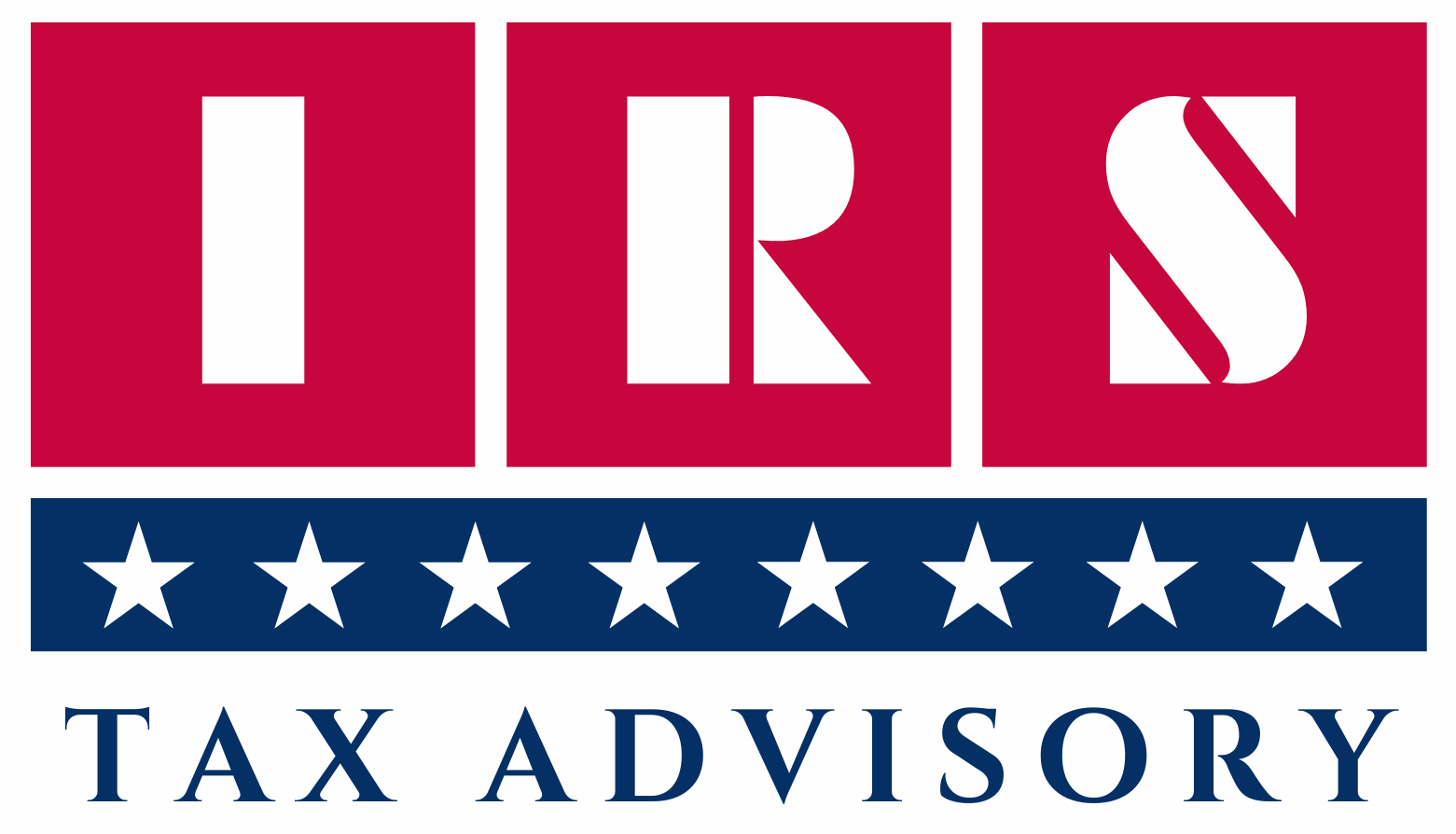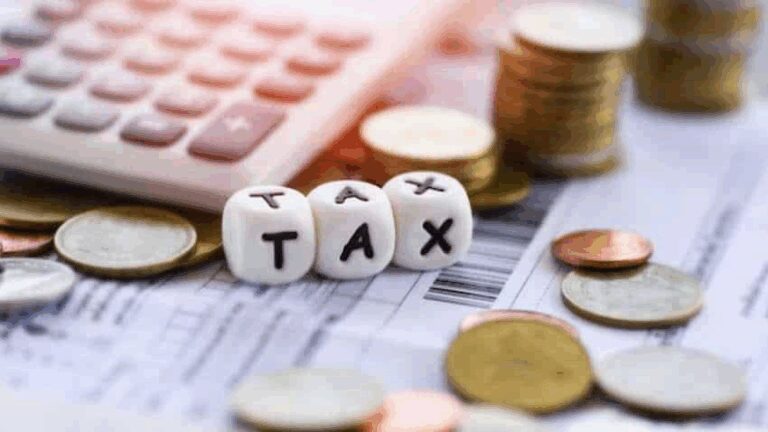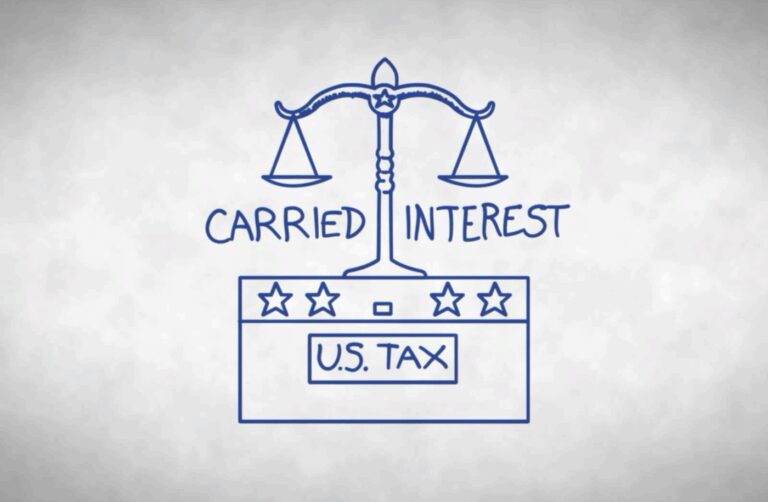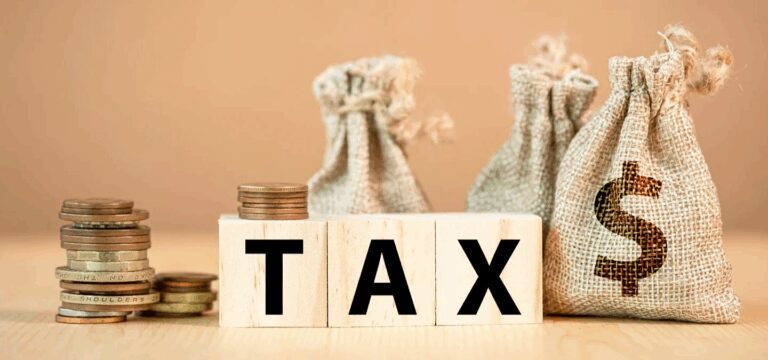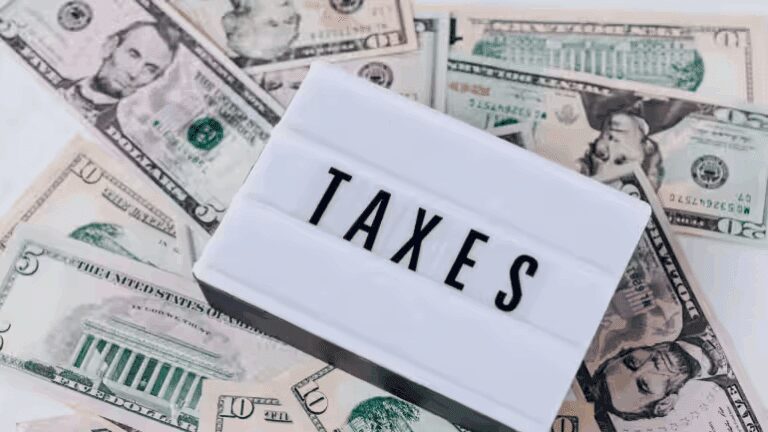Form 1120s- Best Overview
Table of Contents
What Is IRS Form 1120s?
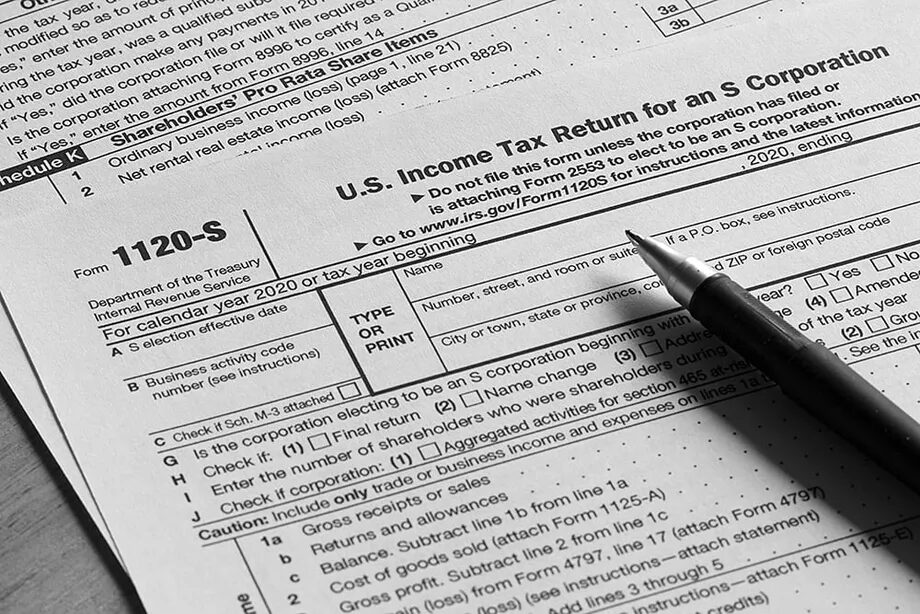
Form 1120s, officially titled “U.S. Income Tax Return for an S Corporation,” is the annual tax return that S corporations are required to file with the Internal Revenue Service (IRS). This form is not used to pay taxes at the entity level but rather to report the corporation’s income, deductions, credits, and other financial activity so that it can be properly allocated to shareholders. Each shareholder receives a Schedule K-1, which outlines their proportionate share of the company’s taxable items for inclusion on their personal tax return.
Unlike C corporations that are subject to double taxation, S corporations benefit from pass-through taxation, meaning the corporation itself generally does not pay federal income tax. Instead, the business income “passes through” to the shareholders, who report it on their individual tax returns and pay tax at their applicable personal income tax rates.
Who Must File Form 1120s?
Form 1120-S must be filed by every domestic business entity that has elected and qualifies to be treated as an S corporation for federal tax purposes. An S corporation is a pass-through entity for taxation, meaning the business itself does not pay income tax. Instead, the income, deductions, credits, and other tax items flow through to the shareholders, who report it on their individual tax returns.
Let’s break this down into the specific entities and conditions that must file Form 1120-S:
1. Domestic Corporations That Elect S Corporation Status
Any corporation formed in the United States (i.e., a domestic corporation) must file Form 1120-S if it has:
- Made a valid S corporation election by filing Form 2553 with the IRS
- Received IRS confirmation that the election was accepted and is in effect for the tax year in question
- Continued to meet all S corporation eligibility requirements (discussed below)
Once the election is approved, the corporation is required to file Form 1120-S each year, even if it has no income, no expenses, or is inactive.
2. LLCs Electing to Be Taxed as an S Corporation
A Limited Liability Company (LLC) can also file Form 1120-S if it meets all S corporation requirements and formally elects S corporation taxation:
- The LLC must first file Form 8832 to be taxed as a corporation
- Then, it must file Form 2553 to elect S corporation status
- Once approved, the LLC is treated as an S corporation and is required to file Form 1120-S annually
This is a common tax strategy for LLCs with owner-employees looking to reduce self-employment tax liability while still maintaining flow-through taxation.
3. Corporations That Remain Eligible Throughout the Tax Year
To remain eligible to file Form 1120-S, a corporation must continuously meet all of the following requirements throughout the tax year:
| Eligibility Criteria | Requirement |
| Entity Type | Must be a domestic corporation or LLC electing S corp status |
| Shareholders | Must have 100 or fewer shareholders |
| Shareholder Type | Shareholders must be individuals, certain trusts, or estates (no partnerships, corporations, or non-resident aliens) |
| Stock Structure | Must have only one class of stock (voting rights differences are allowed; economic interest must be identical) |
| Ineligible Businesses | Cannot be a bank, insurance company, DISC, or other disqualified entity |
If a corporation fails to meet any of these conditions, it may lose its S corporation status and must revert to filing Form 1120 as a C corporation.
4. Corporations in Short Tax Years or with Fiscal Years
- If a corporation is newly formed or changes its tax year, it may have a short tax year but is still required to file Form 1120-S for that period
- Fiscal year S corps must file Form 1120-S by the 15th day of the 3rd month after the close of the fiscal year
Who Should NOT File Form 1120-S?
While IRS Form 1120-S is specifically designed for S corporations, not every business entity qualifies or is permitted to file it. Filing Form 1120-S when you’re not eligible can lead to rejected returns, penalties, or unintended tax consequences. Below is a comprehensive list of entities and circumstances where Form 1120-S should not be filed.
1. C Corporations That Have Not Elected S Corporation Status
A C corporation is a default corporation for federal tax purposes. If it has not filed Form 2553 to elect S corporation status and has not received IRS approval, it must continue to file Form 1120, not 1120-S.
Must File: Form 1120 (U.S. Corporation Income Tax Return)
Should Not File: Form 1120-S
2. LLCs That Have Not Elected S Corporation Tax Treatment
Limited Liability Companies (LLCs) are not automatically treated as S corporations. By default:
- Single-member LLCs are treated as disregarded entities (file Schedule C with Form 1040)
- Multi-member LLCs are treated as partnerships (file Form 1065)
To file Form 1120-S, the LLC must:
- Elect corporate taxation via Form 8832
- Elect S corporation status via Form 2553
If no such election is made, the LLC cannot file Form 1120-S.
3. Foreign Corporations
S corporation status is reserved for domestic corporations only. A foreign corporation — one incorporated outside the U.S. or organized under foreign law — is ineligible to be treated as an S corporation and must file Form 1120-F, if required.
Foreign entities should not attempt to file Form 1120-S under any condition.
4. Corporations With Ineligible Shareholders
Even if the business has elected S corporation status, it must maintain eligibility throughout the tax year. The following shareholder types disqualify a corporation from being treated as an S corporation:
- Non-resident aliens
- Partnerships
- Other corporations
- Certain types of trusts (unless they qualify as grantor or electing small business trusts)
If an ineligible shareholder acquires stock during the year, the S election is automatically terminated, and Form 1120-S cannot be filed for that year.
5. Corporations With More Than 100 Shareholders
An S corporation may not have more than 100 shareholders. If the shareholder count exceeds this threshold, the corporation loses its S status and must file as a C corporation using Form 1120.
Note: Certain family members (e.g., spouses, lineal descendants) can be treated as one shareholder for this purpose under IRS rules.
6. Corporations With Multiple Classes of Stock
S corporations must have only one class of stock. If the corporation issues preferred shares, or any shares with different economic rights (e.g., liquidation or dividend preferences), it violates the one-class rule, and the S election is terminated.
A corporation with multiple classes of stock should not file Form 1120-S.
7. Certain Financial Institutions or Insurance Companies
Some regulated entities are statutorily prohibited from electing S corporation status, including:
- Banks using the reserve method of accounting for bad debts
- Insurance companies taxed under Subchapter L
- Domestic International Sales Corporations (DISCs)
These businesses must use their designated forms (e.g., Form 1120-L or 1120-IC-DISC) and are ineligible to file Form 1120-S.
8. Inactive or Dissolved Corporations Without S Corp Status
If a corporation is inactive, has dissolved, or did not earn any income during the year but never elected S corporation status, it must not file Form 1120-S. Instead, it should file the final Form 1120 or notify the IRS of its closure appropriately.
Summary: Do NOT File Form 1120-S If
| Ineligible Entity or Condition | File Instead |
| C Corp without S election | Form 1120 |
| LLC without S corp election | Schedule C (single-member) or Form 1065 (multi-member) |
| Foreign corporation | Form 1120-F |
| Has ineligible shareholders | Form 1120 |
| More than 100 shareholders | Form 1120 |
| Has multiple classes of stock | Form 1120 |
| Is a bank, insurance company, or DISC | Specialized IRS form (e.g., 1120-L) |
| Inactive or dissolved entity without S election | Form 1120 (Final Return) |
Filing Form 1120-S Incorrectly Can Result In
Filing Form 1120-S incorrectly can lead to serious IRS consequences, financial penalties, and compliance risks that may affect both the business and its shareholders. Since the S corporation structure enjoys special tax treatment, the IRS strictly monitors eligibility and filing accuracy. Below is a detailed overview of the risks and outcomes associated with incorrect filings:
1. Rejection of the Tax Return
If Form 1120-S is submitted without a valid S corporation election (Form 2553), or if the entity does not meet eligibility requirements (e.g., too many shareholders, foreign owners, or multiple classes of stock), the IRS will automatically reject the return. This could lead to the business being treated as a C corporation by default and taxed at the corporate level.
2. Loss of S Corporation Status
A misstep in filing — such as adding an ineligible shareholder or issuing preferred stock — can result in an automatic termination of S corp status. This forces the business to revert to a C corporation, triggering:
- Corporate-level income taxes
- Double taxation (corporate tax + dividend tax to shareholders)
- Complex re-filing and documentation burdens
3. Amended Returns and Reclassifications
Incorrect or incomplete filings may require the entity to:
- Submit corrected or amended returns
- Reclassify prior income or deductions
- Issue corrected Schedule K-1s to all shareholders
This creates additional administrative burdens and may trigger IRS audits or correspondence.
4. Late Filing Penalties
If the form is filed after the due date (March 15 for calendar-year S corps) and no extension (Form 7004) was filed, the IRS may impose:
- $235 per shareholder per month (as of 2025)
- Up to 12 months of penalties
- Applies even if no tax is due
Example: A 4-shareholder S corp that files 3 months late may face $2,820 in penalties (4 x $235 x 3).
5. Shareholder Filing Issues
Shareholders rely on accurate Schedule K-1s from Form 1120-S to file their personal tax returns. If:
- Form 1120-S is incorrect or late
- K-1s are delayed or contain errors
Then shareholders may face late filing penalties, misreported income, or audit risks.
6. IRS Audits and Scrutiny
Incorrect filing may flag the entity for further IRS review. Potential red flags include:
- Mismatched income or deduction totals
- Discrepancies between Form 1120-S and shareholder returns
- Failure to reconcile book vs. tax income (Schedules M-1, M-2)
This can trigger a full audit of the business and possibly its shareholders.
7. Jeopardized Business Credibility
Errors in corporate tax filings can:
- Raise questions with lenders, investors, or stakeholders
- Undermine the company’s credibility during due diligence (e.g., M&A or financing)
- Lead to legal and reputational risks if not addressed promptly
Bottom Line
Accuracy and compliance are critical when filing Form 1120-S. To avoid costly penalties, audit exposure, or revocation of S corp status:
- Ensure eligibility requirements are met
- Maintain accurate bookkeeping
- File on time
- Provide correct Schedule K-1s to shareholders
- Seek professional tax guidance when needed
How Are S Corporations Taxed?
- No federal income tax is paid at the corporate level
- Instead, profits or losses flow through to shareholders
- Shareholders pay tax on their share, regardless of distributions received
Each shareholder receives a Schedule K-1 detailing their portion of the income, deductions, and credits.
Due Dates for Filing Form 1120-S
For S corporations, filing IRS Form 1120-S on time is crucial for compliance, maintaining S status, and avoiding costly penalties. Unlike individual tax returns, Form 1120-S follows a strict corporate filing calendar tied to the entity’s tax year and fiscal operations.
Let’s break down the filing deadlines, extension options, and key considerations for S corporations when submitting Form 1120-S.
Standard Due Date: March 15 for Calendar-Year S Corporations
If your S corporation operates on a calendar year (January 1 – December 31) — which most small businesses do — the standard filing deadline for Form 1120-S is:
March 15 of the following year
Example:
For tax year 2024, the deadline to file Form 1120-S is March 17, 2025 (since March 15 falls on a Saturday in 2025, the due date shifts to the next business day).
Fiscal Year S Corporations
If your S corporation uses a fiscal year ending on a month other than December, the filing deadline is:
The 15th day of the 3rd month following the end of the corporation’s tax year.
Example:
If your fiscal year ends on June 30, Form 1120-S is due by September 15.
Note: Only a few S corporations are allowed to use a fiscal year, and it must be approved by the IRS under certain circumstances (e.g., natural business year, ownership tax year, or Section 444 election).
Extension to File: Automatic 6-Month Extension with Form 7004
If more time is needed to prepare and file Form 1120-S, corporations can request an automatic 6-month extension by filing:
IRS Form 7004 – Application for Automatic Extension of Time To File Certain Business Income Tax, Information, and Other Returns
Important caveats:
- Form 7004 must be filed by the original due date (March 15 for calendar-year filers)
- The extension applies only to filing the return, not to making payments (e.g., built-in gains tax or LIFO recapture tax)
Extended Deadline Example:
For tax year 2024, with a timely Form 7004, the extended deadline is September 15, 2025.
Schedule K-1 Delivery Deadlines
Each shareholder of the S corporation must receive a Schedule K-1 that reports their share of income, deductions, and credits.
K-1s must also be distributed by the original due date of Form 1120-S (March 15), even if an extension is filed for the return itself.
Delays in sending K-1s may affect shareholders’ ability to file their personal returns accurately and on time.
Late Filing Penalties
Failure to file Form 1120-S by the deadline (or extended deadline) can result in:
- A $235 per shareholder per month penalty (as of 2025)
- Up to 12 months of penalties
- No penalty relief just because no tax is due
Example:
A 3-shareholder S corp that files 4 months late would owe:
3 × $235 × 4 = $2,820 in penalties
Summary: Important Form 1120-S Filing Deadlines
| Filing Scenario | Deadline |
| Calendar-year S corp | March 15 (or next business day) |
| Fiscal-year S corp | 15th day of 3rd month after fiscal year-end |
| Extension filing deadline (Form 7004) | Same as original due date (e.g., March 15) |
| Extended Form 1120-S deadline | September 15 (for calendar year) |
| Schedule K-1 distribution to shareholders | March 15 (not extended) |
- March 15 for calendar-year S corporations (or the 15th day of the 3rd month after fiscal year-end)
- Extensions available via Form 7004 (up to 6 months)
Penalties for Non-Compliance
Failing to properly file Form 1120-S or comply with its associated requirements can result in substantial IRS penalties, even when no taxes are owed. Because an S corporation is a pass-through entity, the IRS relies on timely, accurate filings to ensure shareholders receive correct income reporting and the government receives its fair share of tax revenues. Below is a breakdown of the potential penalties and non-compliance consequences.
1. Late Filing Penalty
If an S corporation fails to file Form 1120-S by its due date (including extensions), the IRS imposes a monthly penalty:
$235 per shareholder per month (for returns due in 2025)
Maximum penalty period: 12 months
Example:
A corporation with 4 shareholders files its Form 1120-S 3 months late:
4 x $235 x 3 = $2,820 in penalties — even if no tax is due.
2. Failure to Provide Schedule K-1s to Shareholders
Each shareholder must receive a Schedule K-1 (Form 1120-S) by the due date of the return (March 15, unless extended). If the corporation fails to provide accurate and timely K-1s, it may face:
- $310 per K-1 not provided on time
- Up to $3,783,000 in annual penalties for large corporations
- Additional fines for intentional disregard (up to $630 per K-1)
3. Incorrect or Incomplete Information
Providing incomplete or erroneous information on Form 1120-S or Schedules K-1 can result in:
- $310 per incorrect return or K-1
- Additional interest and penalties on any underreported tax amounts
- Amended filings and corrections, which increase administrative burdens
4. Invalid S Corporation Election
If an entity files Form 1120-S without having a valid, accepted Form 2553 (S election) on file with the IRS, the return will be treated as invalid. The entity may:
- Be taxed as a C corporation (Form 1120) by default
- Incur back taxes and interest on corporate income
- Be subject to double taxation (corporate and shareholder levels)
5. Automatic Termination of S Status
Violating S corporation eligibility rules (e.g., having ineligible shareholders, issuing multiple classes of stock, or exceeding 100 shareholders) can cause automatic revocation of S corp status. This leads to:
- Forced conversion to C corporation
- Liability for corporate income tax
- Need to re-elect S corp status (if applicable)
6. Triggering IRS Audit Risk
Non-compliance with filing requirements or frequent filing errors can raise red flags with the IRS. This increases the chance of:
- Business tax audits
- Shareholder-level audits
- Scrutiny over deductions, distributions, or compensation practices
How to Avoid Penalties
- File Form 1120-S on or before the deadline (March 15 or extended due date)
- Distribute accurate Schedule K-1s to all shareholders on time
- Maintain S corp eligibility (proper elections, shareholder limits, single class of stock)
- Correct and file amendments promptly if any errors are discovered
- Use reputable tax software or professional assistance for complex filings
Summary Table: Common Form 1120-S Penalties
| Type of Non-Compliance | Penalty |
| Late filing of Form 1120-S | $235/shareholder/month (max 12 months) |
| Failure to furnish K-1s | $310 per K-1 ($630 if intentional disregard) |
| Inaccurate/incomplete K-1s | $310 per return |
| Invalid S corp election | Taxed as C corp + penalties + interest |
| S corp status termination due to ineligibility | Loss of pass-through taxation |
e-Filing and Compliance
- Form 1120-S can and should be e-filed using IRS-authorized software
- Corporations must maintain accurate books and shareholder records
- Estimated taxes may be required at the shareholder level, not corporate
Top FAQs on Form 1120-S
1. What is the difference between Form 1120 and 1120-S?
1120 is for C corps (taxed entities); 1120-S is for pass-through S corps.
2. Can an LLC file Form 1120-S?
Yes, if the LLC elects S corporation status by filing Form 2553.
3. Are S corporations subject to self-employment tax?
No, but shareholders must pay self-employment tax on reasonable compensation.
4. Do S corps pay federal income tax?
Generally no, but they may owe tax on built-in gains or passive income.
5. How do shareholders report S corp income?
Via Schedule K-1 (Form 1120-S) on their personal tax returns.
